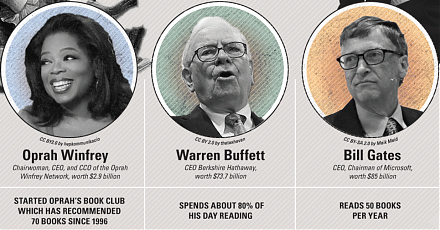

2019-08-01 11:33:00 Thu ET
stock market competition macrofinance stock return s&p 500 financial crisis financial deregulation bank oligarchy systemic risk asset market stabilization asset price fluctuations regulation capital financial stability dodd-frank
Many young and mid-career Americans fall into the financial distress trap in rural communities. A recent analysis of 25,800 zip codes for 99% of the U.S. population compares the consecutive periods from 2007-2011 to 2012-2016. The key reasons for U.S. rural distress include a lack of educational attainment, subpar mortgage affordability, unemployment, low income, and stagnant business investment. Many young Americans experience the catch-22 situation with disproportionate student debt, credit card debt, and mortgage delinquency etc. There is no clear path for these less fortunate young Americans to afford moving from the rural areas to more prosperous metropolitan areas. In the absence of high-skill job opportunities, rural communities remain economically subpar places of residence.
About 65% of the U.S. rural population lives east of the Mississippi River, and half of the rural residents are in the south. Education represents the faulty line between prosperous and economically subpar communities. Specifically, prosperous zip codes contain more than 27 million adults with tertiary education, whereas, there are fewer than 5 million adults with equivalent levels of educational attainment in economically subpar communities from Louisiana, New Mexico, and West Virginia to Alabama, Arkansas, and Mississippi. Economic inequality continues to be a key socioeconomic issue in America.
If any of our AYA Analytica financial health memos (FHM), blog posts, ebooks, newsletters, and notifications etc, or any other form of online content curation, involves potential copyright concerns, please feel free to contact us at service@ayafintech.network so that we can remove relevant content in response to any such request within a reasonable time frame.
2019-04-30 07:15:00 Tuesday ET

Through our AYA fintech network platform, we share numerous insightful posts on personal finance, stock investment, and wealth management. Our AYA finte
2019-12-01 10:31:00 Sunday ET

Goop Founder and CEO Gwyneth Paltrow serves as a great inspiration for female entrepreneurs. Paltrow designs Goop as an online newsletter, and this newslett
2019-11-06 12:29:00 Wednesday ET

Our fintech finbuzz analytic report shines fresh light on the fundamental prospects of U.S. tech titans Facebook, Apple, Microsoft, Google, and Amazon (F.A.
2020-09-11 10:22:00 Friday ET

AYA fintech network platform provides proprietary alpha stock signals and personal finance tools. In recent times, we have completed our fresh website up
2018-06-01 07:30:00 Friday ET

The U.S. federal government debt has risen from less than 40% of total GDP about a decade ago to 78% as of May 2018. The Congressional Budget Office predict
2018-06-05 07:36:00 Tuesday ET

Just Capital issues a new report in support of the stakeholder value proposition in recent times. U.S. corporations that perform best on key priorities such